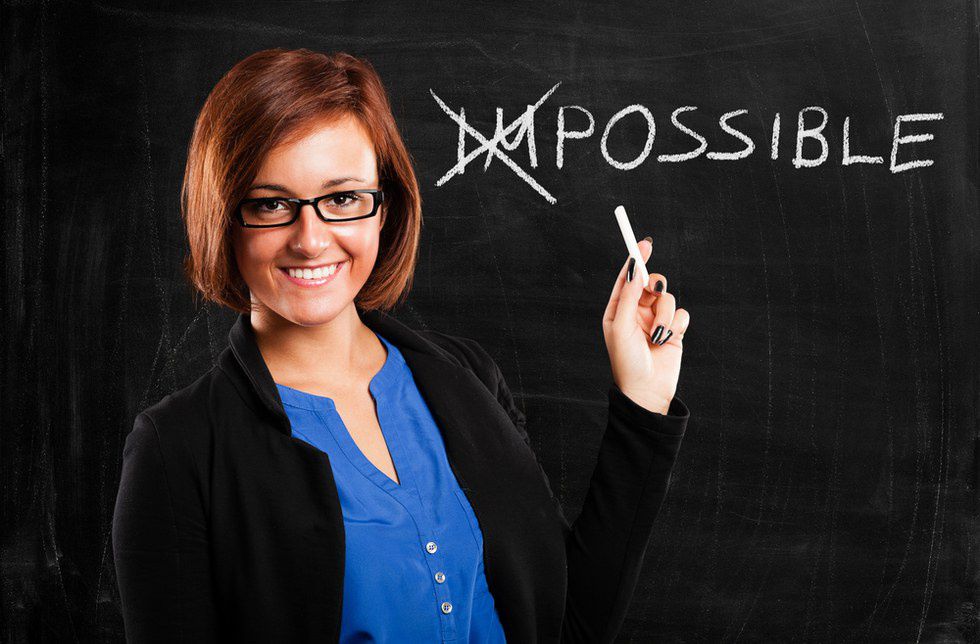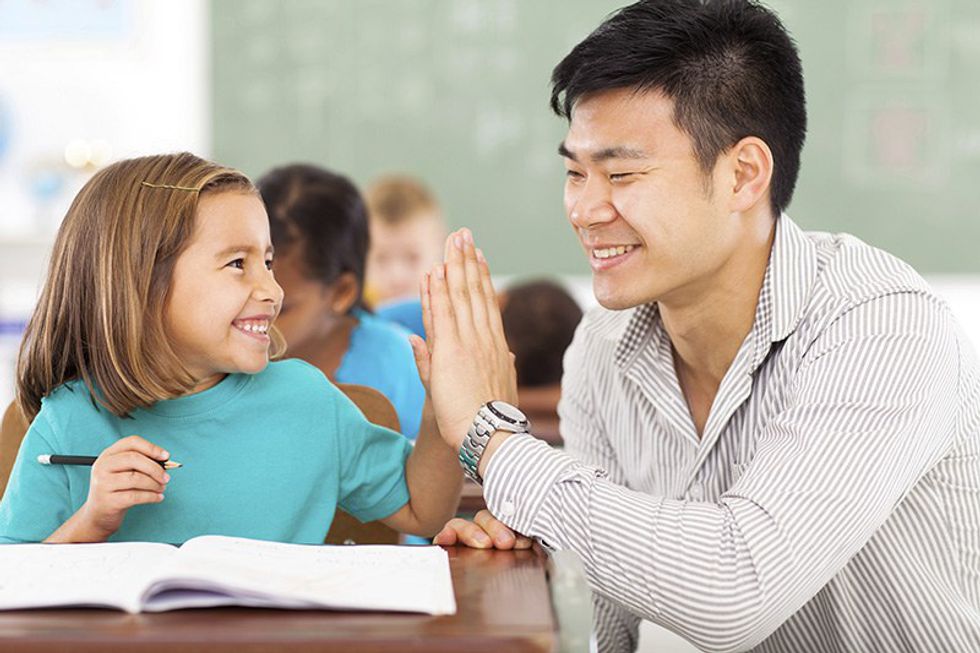Teachers have an incredible influence over their students, especially in the late elementary and middle school years of education. Students at this age tend to perceive their teachers as all knowing and they are hardly ever willing to dispute a teacher on any given topic regardless of how they feel about what is being said to them. This makes them extremely susceptible to believe whatever information they are exposed to; however, it can also be very confusing when the information their teacher is giving them diverges from the information they’ve previously been given by their parents or guardians.
It was recently brought to my attention that my 13-year-old sister had been told by her teacher that “Racism isn’t real”.
I sincerely believe that every individual is entitled to his or her own opinion on any given topic; however, for someone who is aware of their incredible influence on their students, it’s completely irresponsible to make such a controversial statement to such young minds. My sister, a young liberal, felt incredibly uncomfortable with this statement and, as a result, has begun to distance herself from this teacher. By making a statement that starkly conflicted with my sister’s, this teacher ruined their student-teacher relationship, which in turn made it harder for my sister to learn in this class.
This incident brings up a topic I feel very strongly about. It’s incredibly important for educators to be able to distance their opinions from their teaching. This can be difficult at times, but it is certainly not impossible.
During my senior year of high school, I took an AP Government course which heavily involved Politics—arguably the most opinion-related course in a standard high school curriculum. I had an excellent teacher that withheld his own views and opinions throughout the entire course. By the end of the year, all of the students received a well-rounded education on the topic and simultaneously maintained a great relationship with the teacher of the course. None of us felt distanced from him due to our political views because he never once during the year impressed his own opinions upon us. This is a practice I think all teachers should follow. Having a positive student-teacher relationship facilitates communication and thus allows students to receive a better education.
I understand that, at times, opinions can slip; and after all, it is valuable for students to learn to coexist with people that have different opinions than them. However, if a teacher feels the need or desire to express his or her own opinion, they should do so in a manner that acknowledges that their opinion is not shared by everyone and makes it clear that conflicting opinions are just as valid as their own. This is something that many teachers, including but not limited to my sister’s, fail to do. Young students need to be exposed to the whole spectrum of opinions regarding a certain topic in a way that is as nonjudgmental and unbiased as possible. This way, students can form their own opinions without being swayed by the views of others.



























